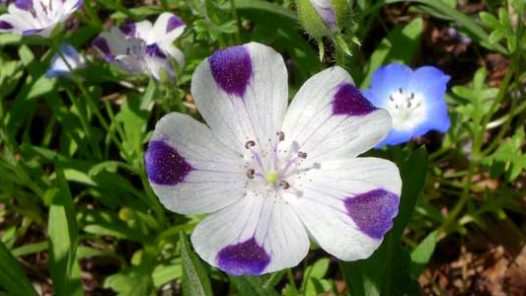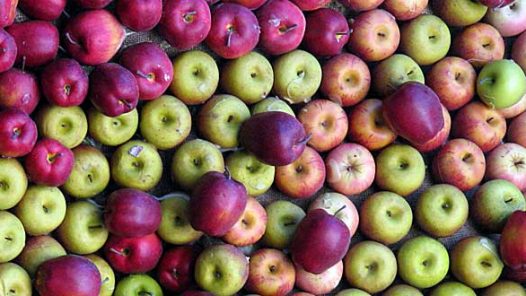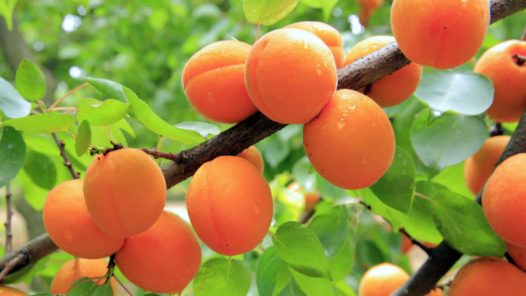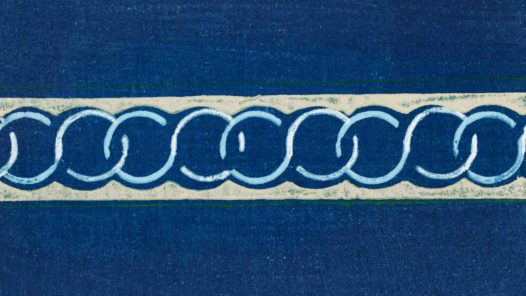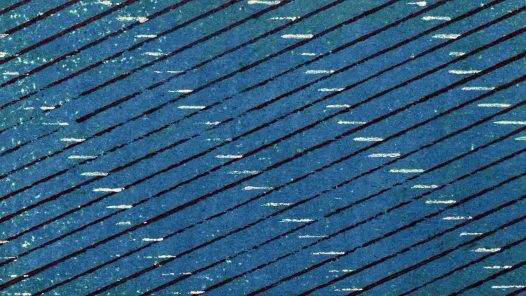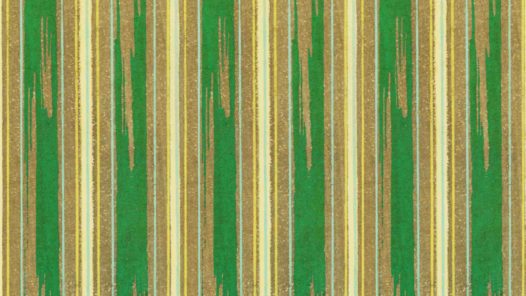The autocomplete function on your phone comes in handy, of course. But is it changing the way we write and how linguists study language? Also, suppose you could invite any two authors, living or dead, to dinner. Who’s on your guest list and...
Malamute, kayak, and parka are just some of the words that have found their way into English from the language of indigenous people in northern climes. • In the 1970s, some scientists argued that two quarks should be called truth and beauty. • The...
Diamond dust, tapioca snow, and sugar icebergs — a 1955 glossary of arctic and subarctic terms describes the environment in ways that sound poetic. And a mom says her son is dating someone who’s non-binary. She supports their relationship, but...
Joseph in Houma, Louisiana, serves in the Coast Guard, shares a story about asking for directions when he was en route to an oil spill deep in Cajun Country. A local crawfisherman told him to go down the turning, twisting bayou for about four...
After hanging out with San Diego sailing enthusiasts, Martha picked up several bits of slang and jargon. Catenary describes the desirable curve of an anchor chain, from Latin catena, meaning “chain.” A chain that is not pulled up...
Craig, a whale biologist in Alaska, wonders how many words have been adopted into English from such languages as Inuit, Yupik, Tlingit and Inupiaq. Indigenous languages in the far North have contributed mukluk, malamute, kayak, and parka. The word...


